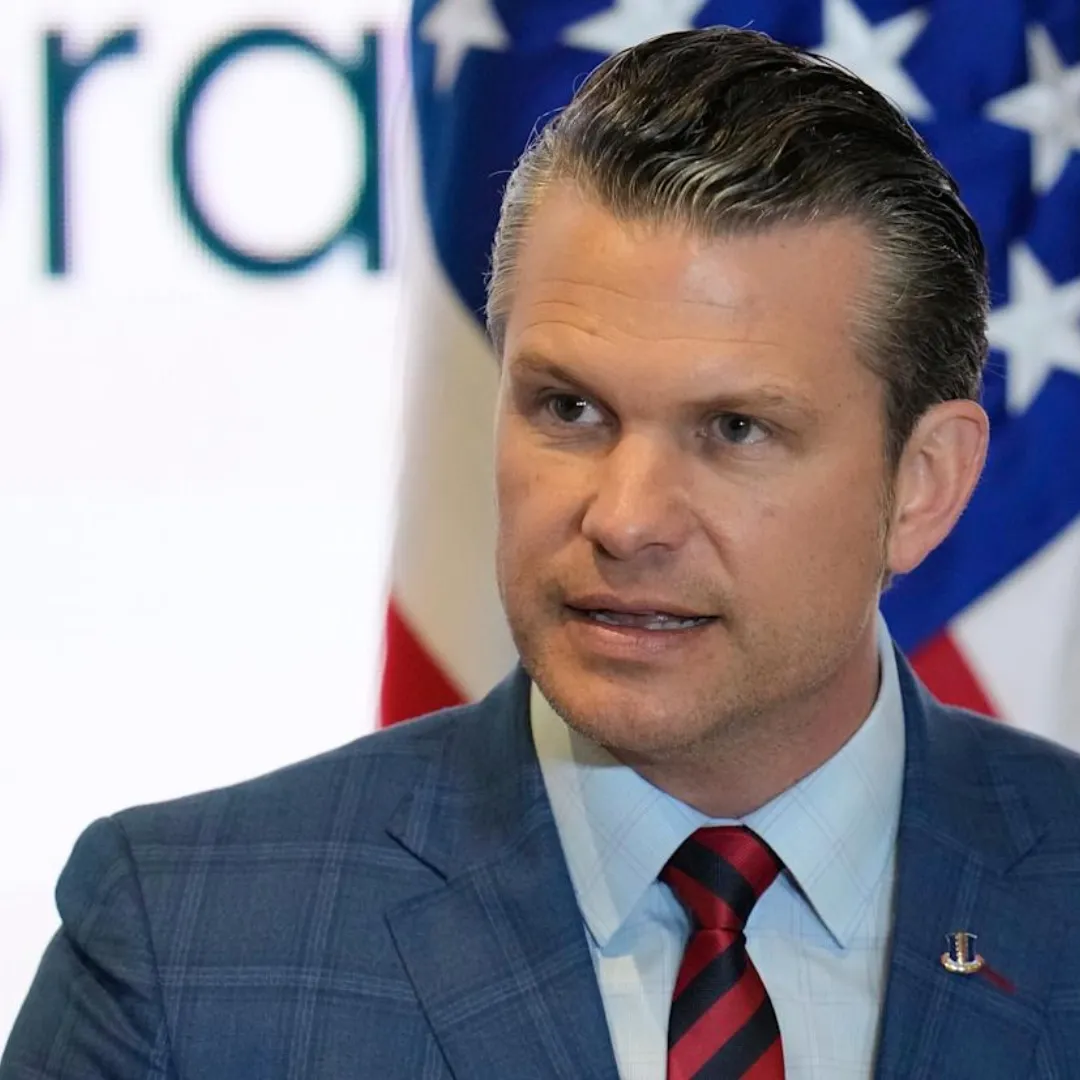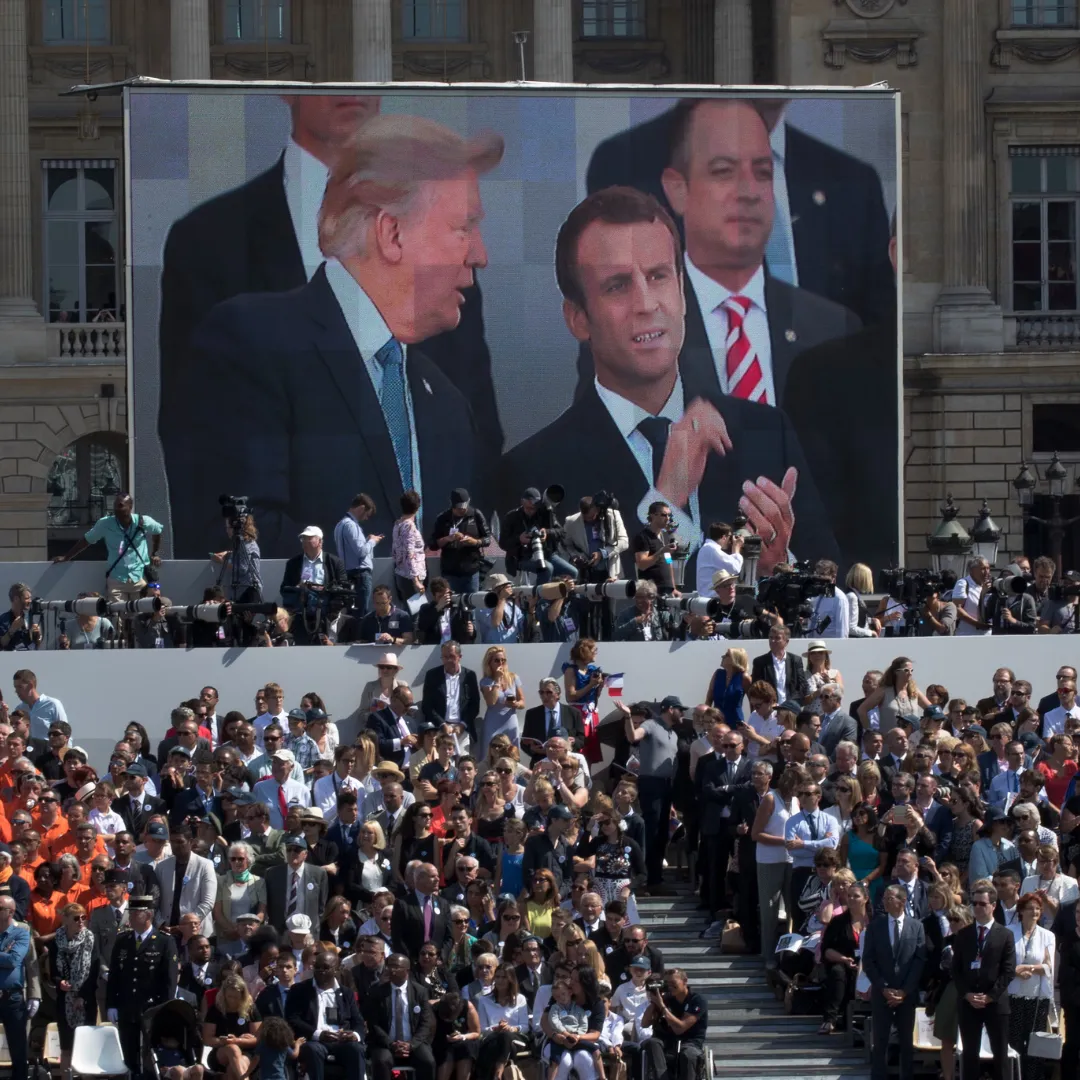
Elon Musk’s brief stint in the White House has ended in what insiders describe as a spectacular failure, riddled with conflict, mismanagement, and widespread frustration among key members of the Trump administration.
While Musk is globally celebrated as a visionary entrepreneur in the private sector, his experience in the federal government reveals the limits of Silicon Valley’s aggressive, fast-paced culture when applied to the slow-moving machinery of government bureaucracy.
His tenure, lasting only four months, was marked by volatile clashes with senior officials, alienation of political allies, and a leadership style that many found abrasive and counterproductive.
The most explosive and telling episode of Musk’s time in the White House unfolded in April, when a highly publicized shouting match broke out between Musk and Treasury Secretary Scott Bessent.
According to reports, Musk attempted to force through his own choice for the Internal Revenue Service’s leadership, Gary Shapley, circumventing Bessent and other key decision-makers.
This power play quickly backfired. Shapley lasted less than 72 hours in the role before Bessent stepped in to replace him with Michael Faulkender. The fallout from this dispute was intense and raw, with Bessent, usually known for a measured demeanor, shouting “Fuck you! Fuck you! Fuck you!” after Musk as they stormed down the West Wing hallways.
This incident was far from an isolated clash but rather emblematic of a growing and festering divide between Musk and the established Trump administration team. This public and dramatic confrontation captured the attention of Washington insiders and the media alike, but it was only the tip of the iceberg.

Earlier in March, Musk had walked into a deliberately orchestrated ambush. President Donald Trump himself convened a heated meeting, bringing together some of his most influential cabinet members, including Secretary of State Marco Rubio, Veterans Affairs Secretary Doug Collins, and Transportation Secretary Sean Duffy.
The president’s instruction was blunt and uncompromising: “Bring them all in here, and we’ll have at it.” The advisers had grown increasingly irritated with Musk’s attempts to exert influence beyond his assigned jurisdiction, disrupting the normal functioning of their agencies and bypassing established protocols.
This moment underscored the deep-seated tensions and distrust that Musk had managed to stir within the Trump administration’s ranks.
Musk’s efforts to reform the federal government through his Department of Government Efficiency earned it a reputation that matched its nickname.
The “chain-saw” approach, drawn from Silicon Valley’s culture of rapid disruption and ruthless efficiency, aimed to slash bureaucracy by firing federal employees en masse and shuttering entire agencies.
While this aggressive approach succeeded in removing some federal workers and closing select agencies, it came at a heavy cost. Many remaining employees reported being traumatized by the upheaval and instability, and morale plummeted across departments.
Furthermore, several of Musk’s policies, such as the introduction of mandatory weekly bullet-point progress reports for all federal employees, were rolled out hastily and without adequate preparation or buy-in. These initiatives eventually faded quietly into oblivion, a testament to their impracticality.
One anonymous Trump adviser voiced the prevailing sentiment when he said that while rapid change and occasional missteps might be expected in reform efforts, Musk’s failure to secure the support of the agencies he sought to reform was a fatal flaw.
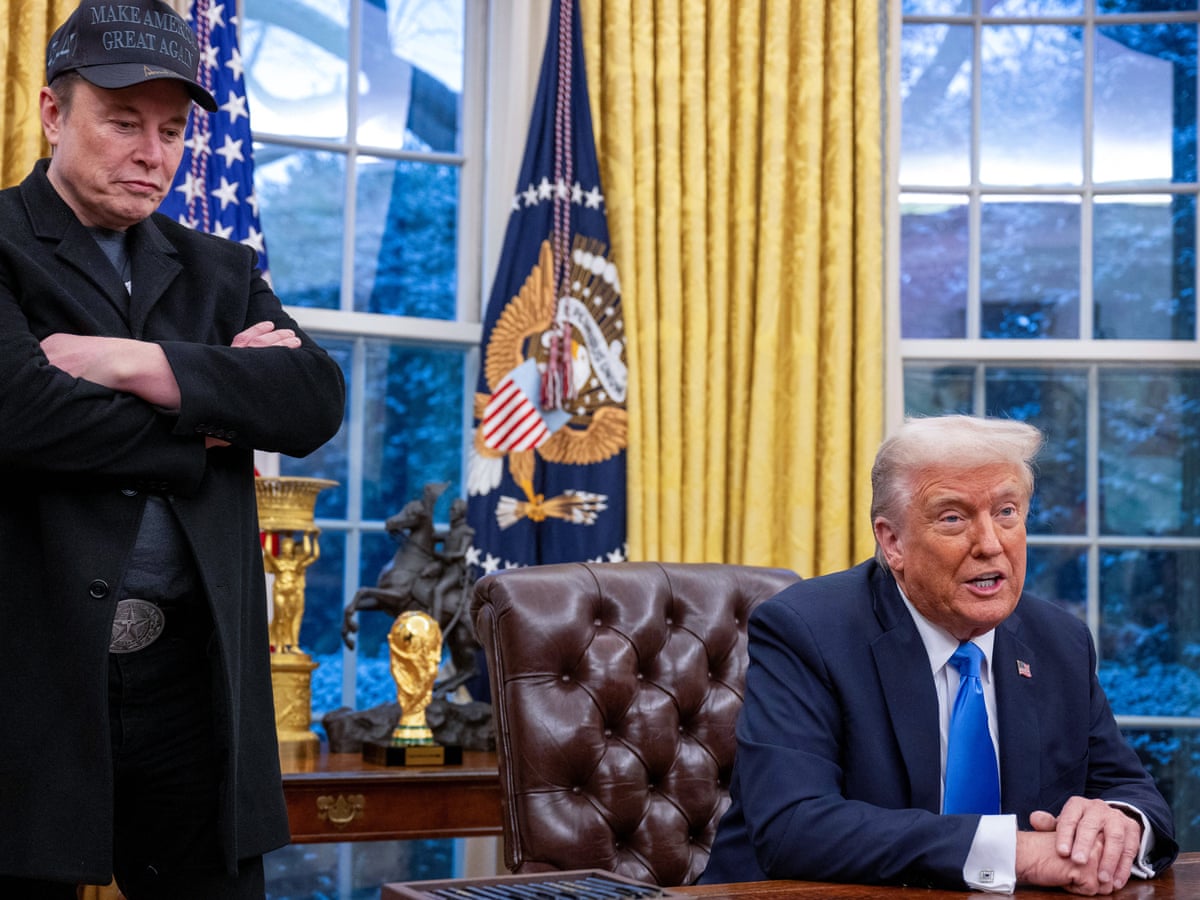
“How many people were fired because they didn’t send in their three things a week or whatever the fuck it was? I think that everyone is ready to move on from this part of the administration,” the adviser remarked.
This quote encapsulates the broader feeling within the administration: Musk’s tenure was more disruptive than productive, and many viewed it as a costly distraction.
Even some of Musk’s allies now admit that a less aggressive, more measured approach would have been better suited to the task of improving government efficiency.
Matt Calkins, the CEO of Appian—a software company specializing in federal government contracts—told The Atlantic that the metaphor of a “chain saw” was misleading and excessive.
“In retrospect,” Calkins said, “it wasn’t nearly as much as we needed, and we probably didn’t need the chain saw. We needed the chisel.”
This insight highlights a critical failure of Musk’s methods: his blunt, fast-paced style was ill-suited to the complexities and nuances of government reform, where careful negotiation and incremental progress are often more effective than wholesale destruction.
Beyond policy and process failures, Musk’s personal demeanor and interpersonal style alienated many within the Trump White House. Several senior officials reportedly found him abrasive, pompous, and irritating to an extreme degree.
One senior Trump official described Musk as “the most irritating person” they had ever had to deal with. The same official, speaking to Rolling Stone magazine, criticized Musk’s attempts at humor, noting that they often fell flat.
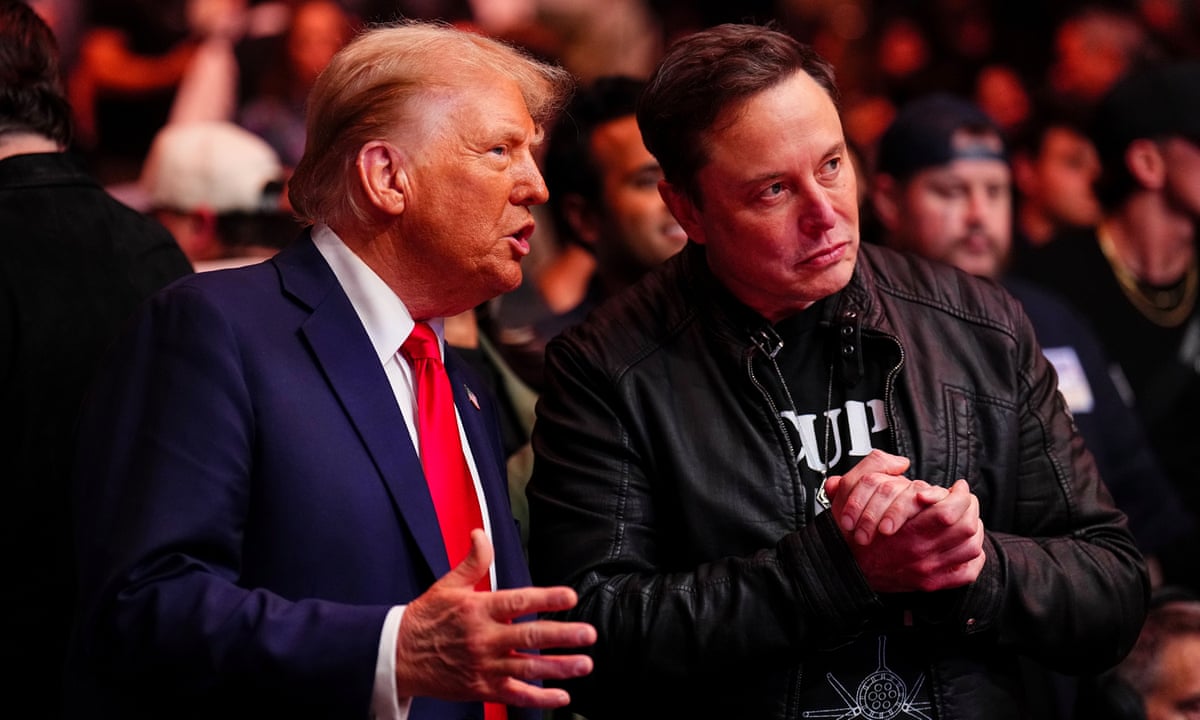
“He always tries to be funny. And he’s not funny. Like, at all,” the official said. Musk’s pattern of delivering jokes and asides, then looking visibly hurt or annoyed when his humor was not warmly received, further alienated those around him.
Many colleagues felt Musk acted as though he believed he was intellectually superior to everyone in the room, even when it was clear that his grasp of the issues was lacking.
These personality conflicts were not mere social frictions but had real consequences for Musk’s ability to build coalitions and advance his agenda. His confrontational style created enemies at every turn and undermined the collaborative spirit necessary for government operations.
The power struggle over the IRS leadership exemplified this breakdown in relationships. Musk’s attempt to push through his preferred candidate behind the backs of senior officials was a grave miscalculation of political dynamics.
The swift rejection of Shapley and Musk’s subsequent loss demonstrated that his Silicon Valley tactics were not transferable to the political arena.
Musk’s White House episode exposes the broader challenge of transplanting startup culture into government institutions. The relentless emphasis on speed, disruption, and unilateral decision-making that drives success in tech can be disastrous in a bureaucratic environment that relies on consensus, tradition, and cautious change.
Musk’s failure underscores that intelligence, wealth, and innovation alone are insufficient for navigating the complex web of government agencies and political stakeholders.
The aftermath of Musk’s departure has left many within the Trump administration eager to close this chapter. Insiders see Musk’s tenure as an embarrassing detour that squandered time, resources, and goodwill.
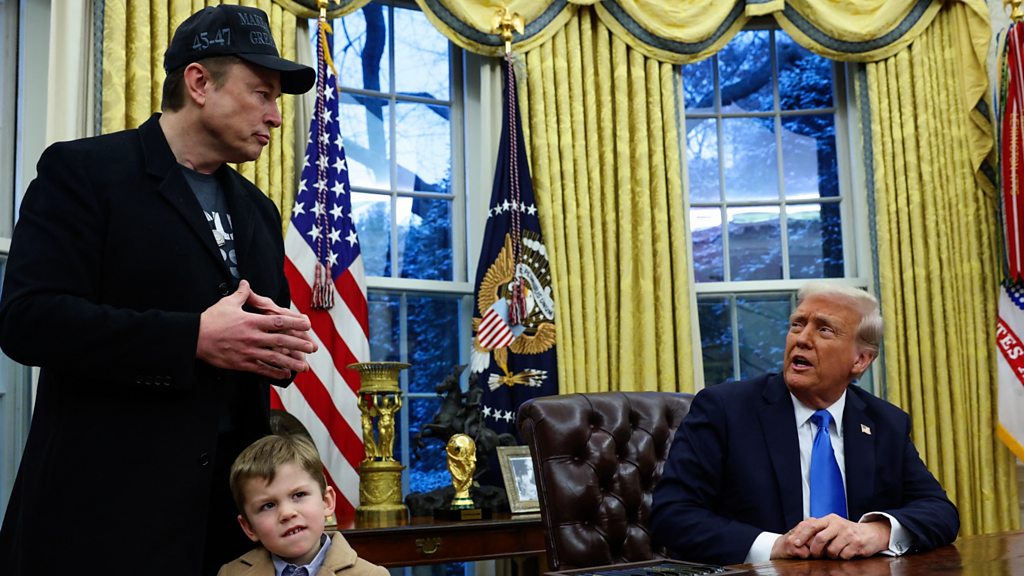
Though his intent to improve government efficiency might have been genuine, his execution alienated the very people whose cooperation was essential.
The upheaval damaged morale and sowed distrust among federal employees, consequences that will be felt for years. Musk’s story serves as a cautionary tale for ambitious entrepreneurs seeking to bring Silicon Valley methodologies to government.
The “move fast and break things” mantra that fuels innovation in the private sector can have devastating effects in public institutions tasked with stability and continuity.
Boldness without diplomacy, speed without consensus, and disruption without respect for existing structures often lead to spectacular failure rather than progress.
In conclusion, Elon Musk’s short and turbulent tenure in the White House was defined by conflict, mismanagement, and personality clashes that ultimately led to his downfall.
His aggressive, chain-saw approach to government reform alienated key Trump officials and traumatized federal employees. Musk’s inflated self-regard and failed attempts at humor only deepened the rift with his colleagues, earning him a reputation as the most irritating figure in the administration.
The failure of his methods highlights the difficulty of applying Silicon Valley’s rapid disruption model to government bureaucracy. Musk’s White House experience stands as a stark reminder that political success requires more than just vision and intelligence—it demands patience, tact, and the ability to build alliances.
With Musk’s departure, the Trump administration looks forward to moving on from the chaos he left behind and restoring stability to federal operations.
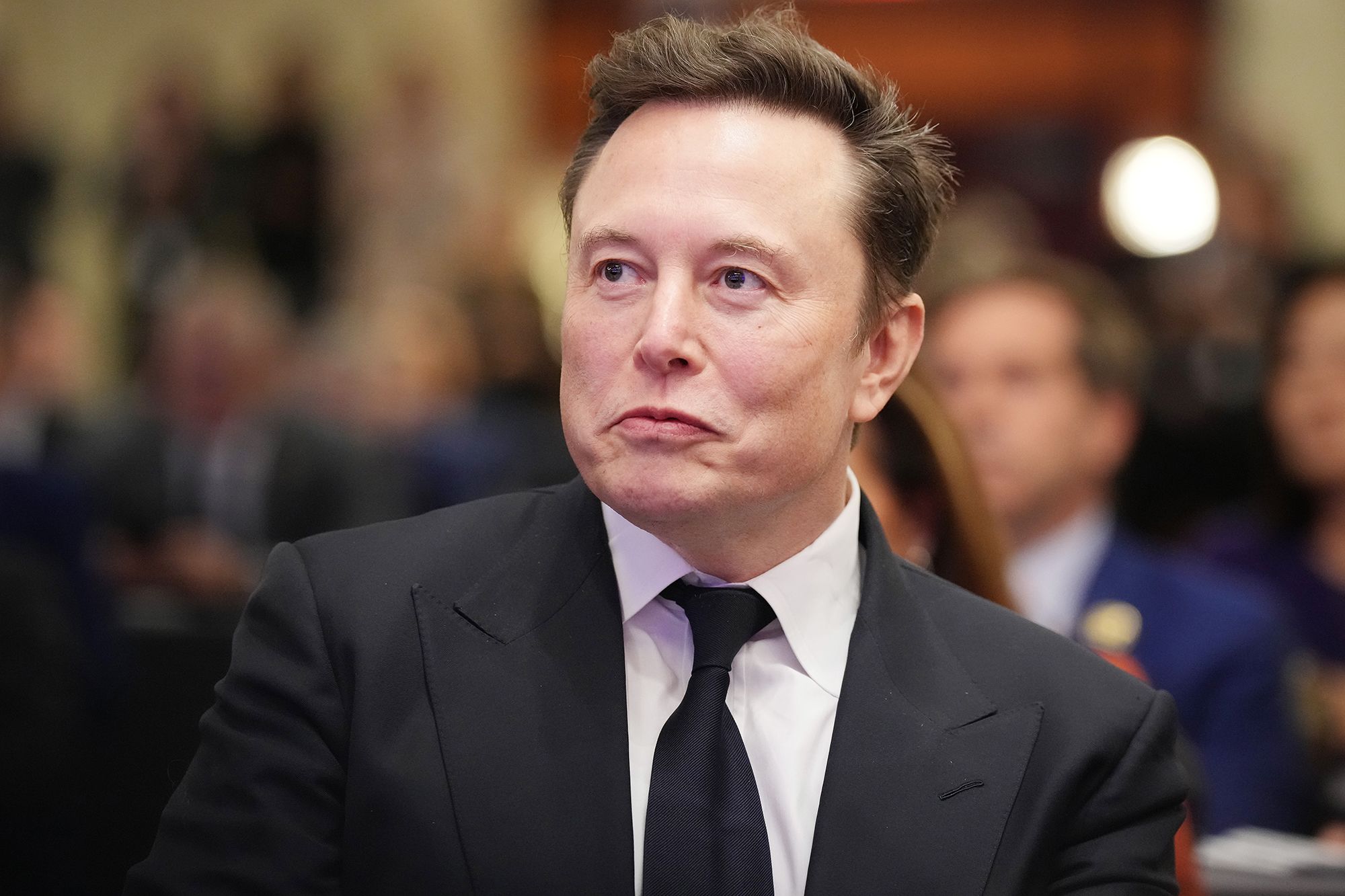
This episode offers valuable lessons not only for Musk but for any tech visionary hoping to make an impact in politics. The intersection of innovation and government reform requires a delicate balance, respect for established systems, and a nuanced approach that Silicon Valley’s traditional playbook often neglects.
Musk’s failure is a vivid demonstration of how arrogance and impatience can derail even the most promising initiatives in the complex world of governance.


